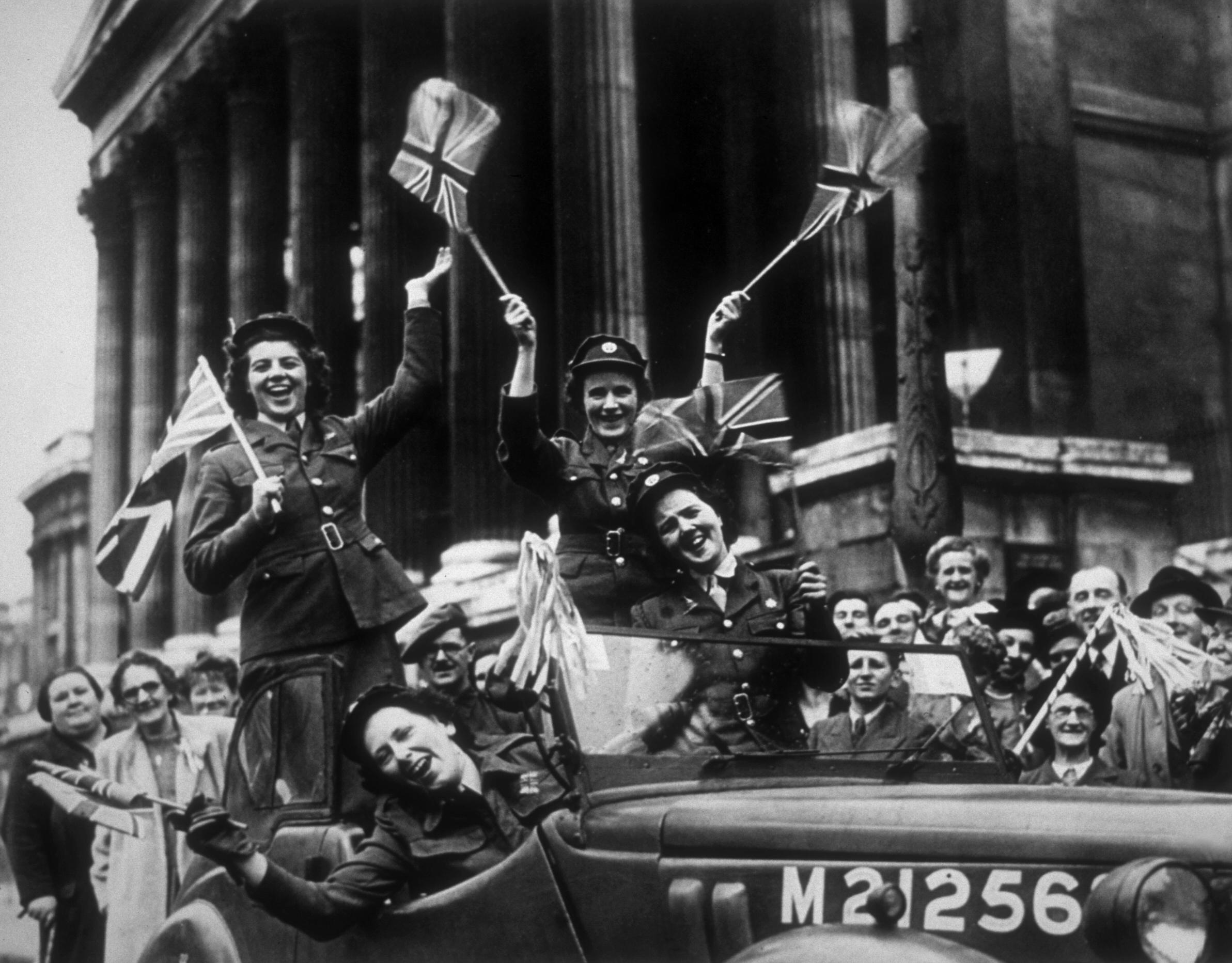Like the Second World War, we may be ‘in it together’ – but only up to a point
In the latest of his reflections on place and pathway, Will Gore wonders if the ‘spirit of coronavirus’ narrative will obscure a more complex reality


That we should have celebrated the anniversary of VE Day in the midst of the coronavirus pandemic is apt indeed. Put aside the fact that, in 1945, people could meet for bunting-strewn tea parties, whereas now we can only shout at each other from the other side of the street, there is nevertheless a sense of a shared national moment.
Then again, it also true that in both cases, the notion of there being a common experience is only surface deep. Yes, for the most part, in May 1945 there was a widespread feeling of relief and gratitude that Hitler’s Nazis had been defeated; just as now most people feel the imperative to stay safe and to take precautions not to spread the Covid-19 virus. But the idea that everyone is experiencing lockdown in the same way is patently poppycock. Likewise, the end of the Second World War in Europe meant very different things to different people (not least those fighting in east Asia).
Of course, the passage of time always tends to simplify narratives: the fewer survivors there are to testify to an event, the fewer differing accounts there can be. It becomes easier, three-quarters of a century on, to imagine that on VE Day everyone in the country sat along one, enormous, snake-like table drinking tea, then popped into London for a knees-up in Trafalgar Square.
What’s more, as time goes by, memories of events become co-opted both for particular causes (political or otherwise), and by individuals who want to make sense of the present by an idealised version of the past. The idea of “Blitz spirit” is rolled out regularly – including during the present crisis – when politicians want to appeal to national pride or cohesion. Again, points of difference are ignored in favour of those elements of wartime experience which were “shared”.
Perhaps the same thing will happen with coronavirus. In 50 years’ time maybe the panic buyers will have been forgotten, the struggle to get enough PPE pushed aside, and the refuseniks consigned to the bin of history. Those who are miserable will be recalled as having dealt with challenges willingly, a smile in place of gritted teeth. And Boris, the man who embodied our national effort to overcome the illness and bring new life to the country, will be remembered – as he would wish it – as a latter-day Churchill.
We should, however, resist attempts to simplify. It does us no good in the long run, as our nostalgic and complacent responses to the Second World War should demonstrate.
Last weekend, I set out on a walk with my family, aiming as it happens for what is left of Bovingdon airfield, built in 1942 to be a base for RAF Bomber Command. I knew it was possibly ambitious: even on a sun-soaked day, the patience of a five-year-old doesn’t usually extend to a nine-mile Chiltern trek. Sure enough, while we made good progress, the children eventually flagged and I suggested a shorter route home.
We don’t all have the same experiences; and we don’t all have the same concerns. And some people will always be bastards
Close to a old, isolated cottage with a delightful vegetable garden, we turned onto our plan B footpath, crossing a field with two large horses in it. My wife and daughter were a little way ahead and exited through a gate on the other side. The horses, hungry perhaps, turned their attentions to me and my son, suddenly becoming quite frisky. As they pushed at us with their noses, and tossed their manes, my son became upset; I picked him up and, since the horses were between us and the others, we beat a retreat.
It then became clear that my wife and daughter were in a confined space between two gates, each leading to fields in which excitable horses were paddocked. My daughter was upset too, unwilling to move while the horses were in close attendance. My wife and I called to one another across the field as we tried to work out what to do.
Then, from behind me came a voice. The old lady who had previously been tending her vegetables in the nearby cottage was walking towards me: good, I thought, maybe she can help.
“Excuse me,” she spat, “can you be quiet.”
A little taken aback I explained that my wife and child were stuck on the other side the field.
“I don’t care about that,” came the retort. “Just keep it down.” With that, she turned on her heel.
“That wasn’t very nice,” said my son.
Well, quite.
We might all be “in it together”, in the broadest sense. But we don’t all have the same experiences; and we don’t all have the same concerns. And some people will always be bastards.
So, when all this is over, let’s remember the details and the differences just as clearly as the shared effort and the collective conscience. And let’s not permit a catch-all “spirit of Covid-19” narrative to obscure a complicated reality.
Join our commenting forum
Join thought-provoking conversations, follow other Independent readers and see their replies
Comments